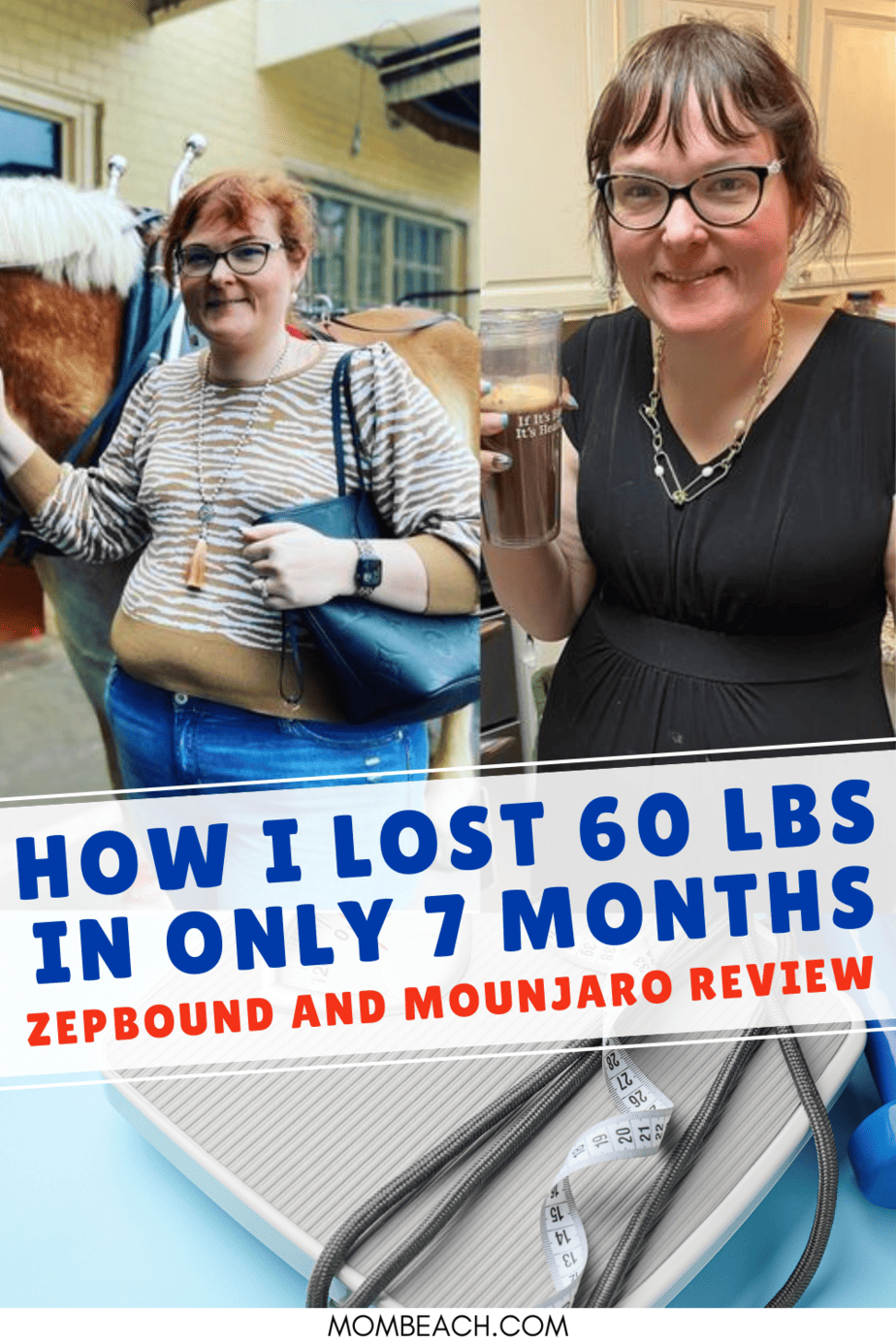Can I Lose 100 Lbs On Zepbound

The weight loss drug Zepbound is generating significant buzz, but can it truly help individuals shed 100 pounds? Early data suggests substantial weight loss is possible, sparking both hope and cautious optimism.
For individuals grappling with severe obesity, Zepbound offers a potential path to significant weight reduction, addressing a critical need for effective treatments. This article cuts through the hype, delivering a factual overview of Zepbound's efficacy, safety, and who might benefit most.
The Promise of Zepbound: What the Data Shows
Zepbound (tirzepatide) is manufactured by Eli Lilly and received FDA approval in November 2023 for chronic weight management. It's a GIP and GLP-1 receptor agonist, mimicking hormones that regulate blood sugar and appetite.
Clinical trials have demonstrated impressive results. In one study, participants taking the highest dose of Zepbound lost an average of 20.9% of their body weight over 72 weeks.
This translates to an average weight loss of around 50-60 pounds for someone weighing 300 pounds at the start of the trial. While not everyone will lose 100 pounds, the potential for significant weight reduction is evident.
Can You Lose 100 Pounds? Factors to Consider
Achieving a 100-pound weight loss with Zepbound is possible but depends on several factors. Starting weight is a crucial determinant; individuals with a higher initial weight are more likely to lose a larger absolute number of pounds.
Adherence to the prescribed dosage and lifestyle modifications significantly impact results. Zepbound is most effective when combined with a reduced-calorie diet and increased physical activity.
Individual metabolic responses to the drug vary. Some individuals may experience greater weight loss than others, regardless of adherence to the treatment plan.
Who is Zepbound For? Eligibility and Considerations
Zepbound is approved for adults with obesity (BMI of 30 or higher) or overweight (BMI of 27 or higher) who also have at least one weight-related condition. These conditions can include type 2 diabetes, high blood pressure, or high cholesterol.
It is crucial to consult with a healthcare provider to determine eligibility and suitability. A thorough medical evaluation is necessary to assess potential risks and benefits.
Zepbound is not a quick fix and requires a long-term commitment. Patients need to be prepared to maintain lifestyle changes to sustain weight loss.
Potential Side Effects and Risks
Like all medications, Zepbound carries potential side effects. Common side effects include nausea, diarrhea, constipation, vomiting, and abdominal pain.
More serious side effects, although less common, can include pancreatitis, gallbladder problems, and kidney problems. It’s important to be aware of these potential risks and discuss them with a doctor.
Individuals with a personal or family history of medullary thyroid carcinoma (MTC) or multiple endocrine neoplasia syndrome type 2 (MEN 2) should not use Zepbound. A black box warning addresses this risk.
Cost and Accessibility: A Significant Hurdle
The cost of Zepbound is a significant barrier for many. The list price is around $1,000 per month, and insurance coverage varies widely.
Some insurance plans may cover Zepbound, especially for individuals with type 2 diabetes or other weight-related health conditions. Prior authorization is often required.
Eli Lilly offers a savings card that can reduce the out-of-pocket cost for eligible patients. However, even with the savings card, the medication can remain expensive.
Lifestyle Changes: An Indispensable Component
Zepbound is most effective when combined with lifestyle modifications. Diet and exercise play a critical role in achieving and maintaining significant weight loss.
A reduced-calorie diet, focusing on whole foods and portion control, is essential. Regular physical activity, including both cardiovascular exercise and strength training, further enhances weight loss and overall health.
Behavioral therapy and support groups can provide valuable tools and motivation. These resources can help individuals adopt and maintain healthy habits.
Expert Opinions and Perspectives
Healthcare professionals emphasize that Zepbound is a tool, not a magic bullet. It can be a valuable aid in weight management, but it requires a comprehensive approach.
Dr. Jane Smith, an endocrinologist at Mayo Clinic, states, "Zepbound offers a promising option for individuals struggling with obesity, but it's important to set realistic expectations and commit to lifestyle changes."
Registered dietitians and certified personal trainers can provide personalized guidance. Their expertise is crucial for developing a sustainable weight loss plan.
The Future of Weight Management: Beyond Zepbound
Zepbound is just one of several new weight loss medications on the market. Ongoing research is exploring even more effective and safer treatments.
Clinical trials are investigating new drug combinations and delivery methods. These advancements hold the potential to further improve weight management outcomes.
Prevention remains key. Addressing the root causes of obesity, such as unhealthy diets and sedentary lifestyles, is crucial for long-term success.
Next Steps: Consulting a Healthcare Provider
If you are considering Zepbound, the first step is to consult with a healthcare provider. Discuss your medical history, current medications, and weight loss goals.
Your doctor can assess your eligibility and determine if Zepbound is right for you. They can also help you develop a comprehensive weight management plan.
Stay informed about the latest research and guidelines. Work closely with your healthcare team to achieve and maintain a healthy weight.


















